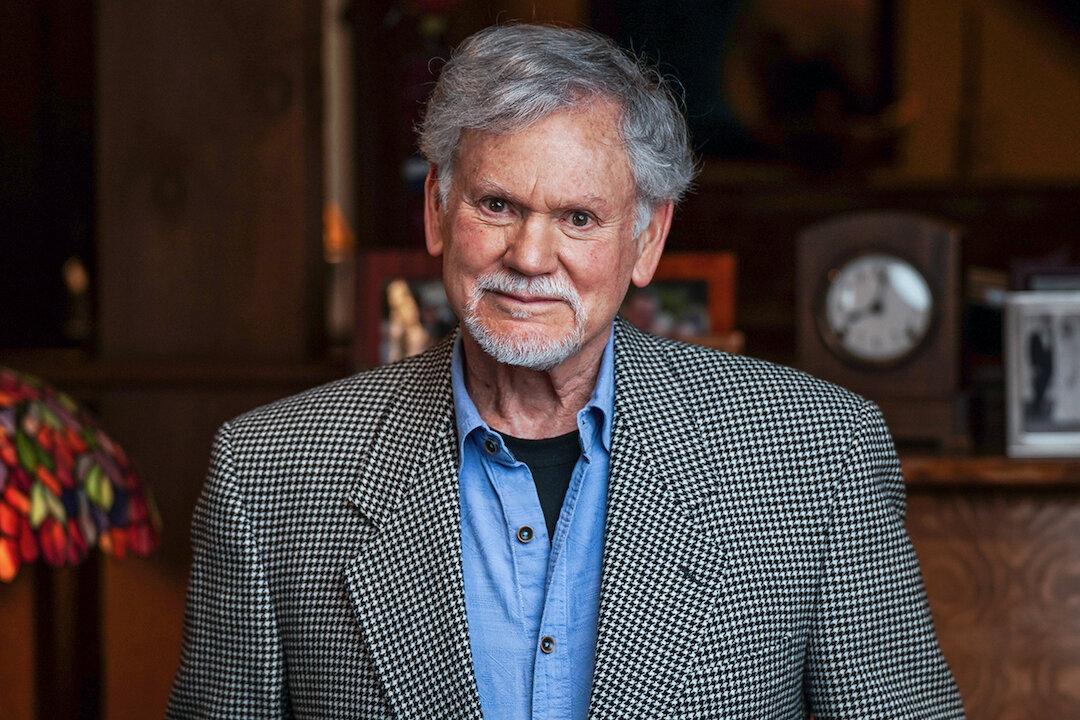Warren Farrell, author of the book “The Boy Crisis: Why Our Boys Are Struggling and What We Can Do About It,” has found that being “dad deprived” is a leading factor in males’ increased mental illness, addiction, and suicide.
He links the mass shootings in 53 developed countries to boys and men who lacked a father figure, and he specifically mentioned six mass shootings that have occurred in the United States in the 21st century.






